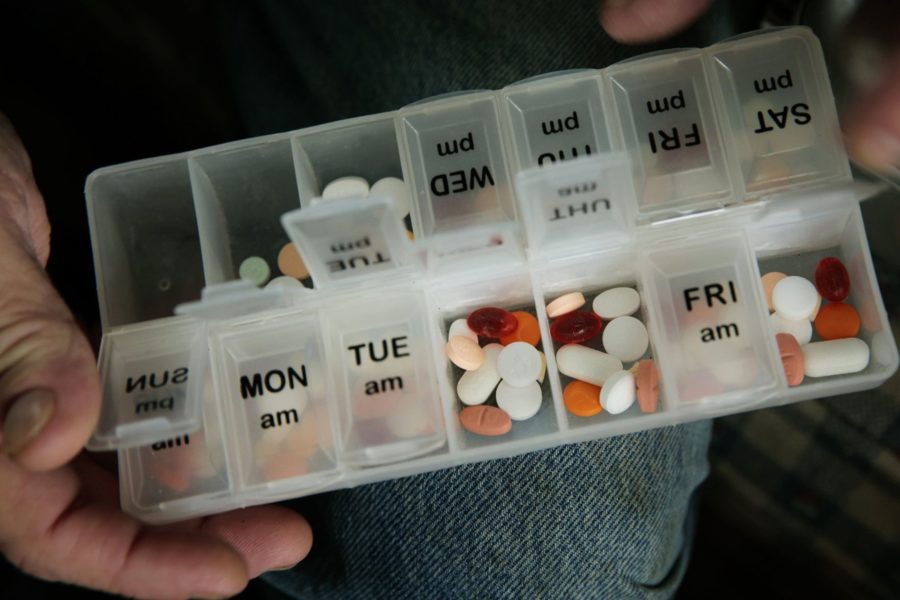Editorial: How to reduce the deadly toll of opioids
November 6, 2017
At the end of the 20th century, Americans were worried about the dangers posed by crack cocaine. They didn’t realize that another drug menace would soon eclipse it. Prescription opioids were gaining favor as a tool against undertreated pain. No one foresaw where this would lead: to an epidemic of opioid overdoses that the nation is only starting to confront with the urgency it warrants.
Last year, some 64,000 people died of drug overdoses, most of them involving some type of opioid. That’s more than the total number of Americans killed during the Vietnam War. President Donald Trump recently acknowledged the epidemic by declaring a public health emergency. That step, if anything, understates the severity of this plague.
Earlier, Trump appointed a presidential commission to analyze the problem and propose remedies. The panel has now issued a report stocked with strong recommendations for action, which should focus needed attention.
Advertisement
The death toll is the worst effect of opioid abuse but hardly the only one. It puts a burden on hospitals, emergency responders and correctional facilities, as well as employers. It sunders families and leaves children orphaned or in the care of grandparents.
It even hinders the economy: “The increase in opioid prescriptions could account for much of the decline in the labor force participation of ‘prime age men’ (ages 25-54)” over the past decade, the panel concluded. The annual economic cost exceeds $100 billion.
The commission has some good ideas. One is expanding access to treatment with methadone and buprenorphine. This is the most effective means of helping addicts overcome their dependence, but as the commission noted, “only 10.6 percent of youth and adults who need treatment for substance use disorder receive that treatment.” The grim fact is that many of those who go without treatment will eventually die of an overdose.
The commission credited Trump for tackling federal rules that impede states from increasing access to treatment through Medicaid. It called for changing rules to make it easier for addicts to get treatment paid for through Medicare, the Veterans Administration and the Indian Health Service.
It also urged Congress to consolidate funding for opioid and other substance abuse funding into block grants, giving the states more flexibility in how to address the problem. “This was a request to the commission by nearly every governor, regardless of party,” the report said.
One sensible proposal: increasing the use of drug courts, which divert some addicts into treatment instead of punishment. These have shown value in getting offenders to stay out of trouble and work at legitimate jobs. But 44 percent of U.S. counties lack an adult drug court. The commission urged that the Justice Department push states to make them universal.
Another proposal is less promising: an advertising offensive to highlight the dangers of drug abuse. Previous efforts, such as the “Just Say No” campaign of the 1980s, proved fruitless. Besides, a lot of opioid abusers don’t start out in search of a high; they become dependent after taking legitimate medications prescribed by their physicians for acute pain. The main function of such campaigns is to give the public the false impression something useful is being done.
Advertisement*
The administration and the panel deserve credit for seeking out serious options for combating an emergency that has received too little attention. They may finally impel the American people and their elected officials to make a priority of reversing this epidemic.
“If a terrorist organization was killing 175 Americans a day on American soil, what would you be willing to pay to make it stop?” Gov. Chris Christie, who chaired the commission, asked after submitting the report. “I think we’d be willing to do anything and everything to make it stop.” Anyone disagree?
___
(c)2017 the Chicago Tribune
Visit the Chicago Tribune at www.chicagotribune.com
Distributed by Tribune Content Agency, LLC.
Advertisement








